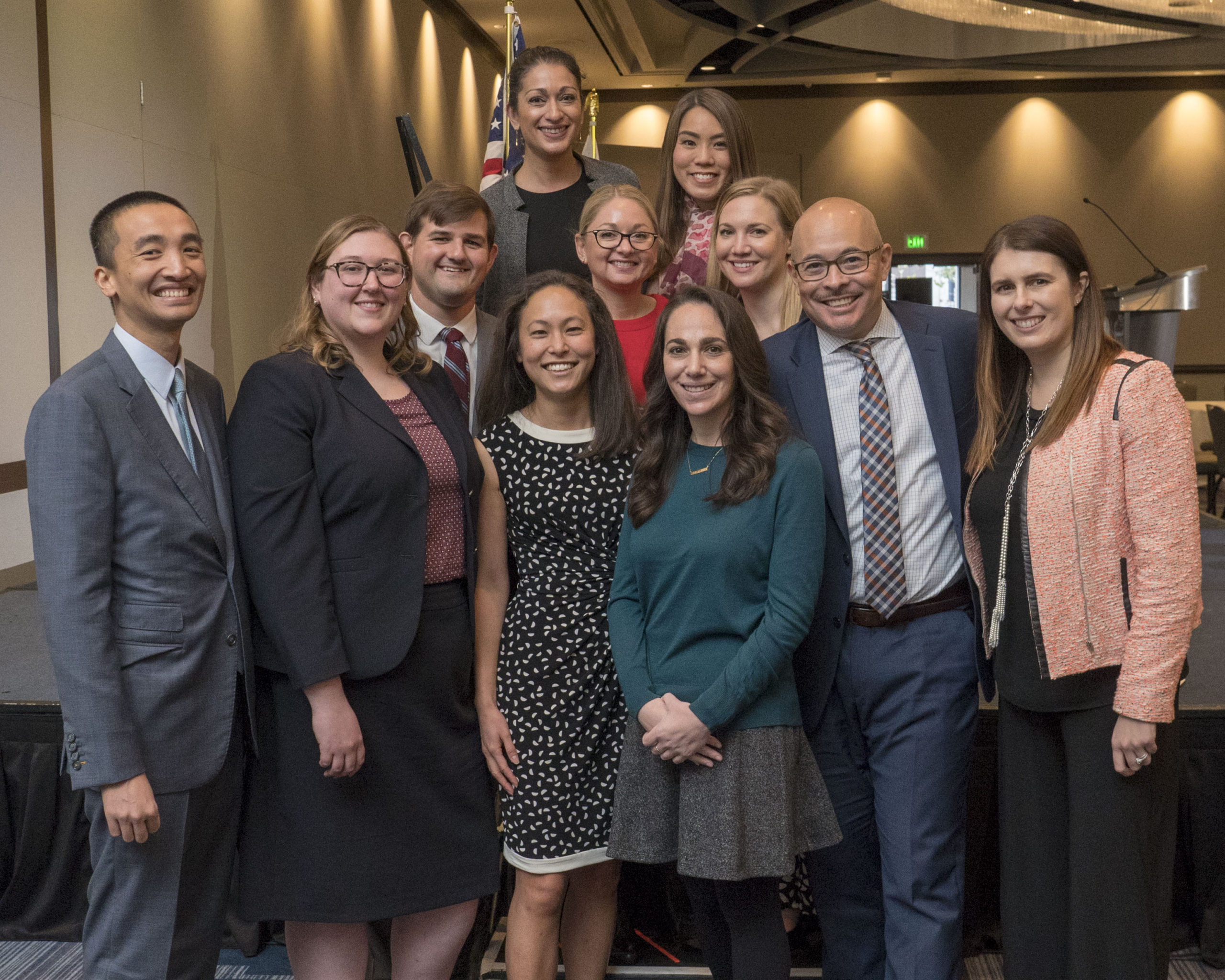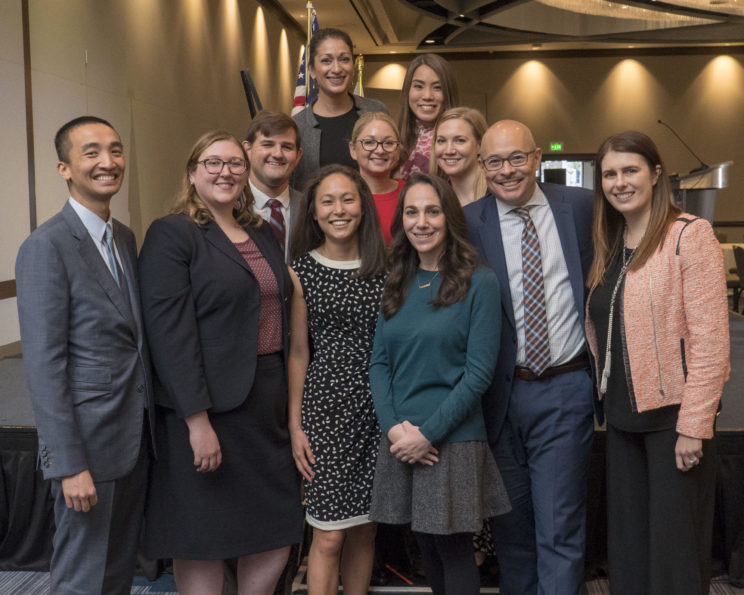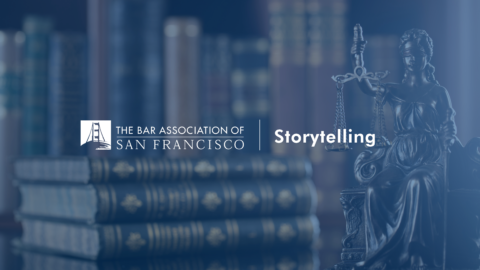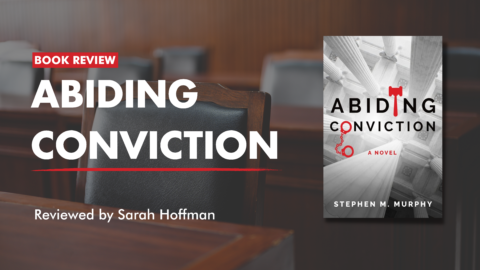
Graduating from law school and entering the legal profession is exciting, but also terrifying. Even the most seasoned attorneys can still remember the first time someone turned to them expecting them to know the answer because they were The Lawyer.
However, it does not take long for junior attorneys to find their feet and their voice. Junior attorneys become mid-level attorneys and eventually senior attorneys, learning as they go along how to be a good lawyer and hopefully also a good leader. Unfortunately, while the profession focuses strongly on improving junior attorneys’ legal skills (as it should), not enough attention is paid to the “soft” skills that lawyers ultimately need to succeed. In particular, junior attorneys are not given leadership training despite the fact that they too manage other employees and that responsibility only grows with time. This must change.
Being a leader can be difficult and messy. Others look to you for guidance on what to do and when. Often those people being managed are not perfect either, and do not know to ask the right questions or make mistakes themselves that need fixing and coaching. Leadership may require one to speak in front of large audiences, both making points clearly and concisely while also being inspirational and motivating. These skills—delegation, management, coaching, and executive presence—do not come naturally to most people.
Being a great lawyer is more than just knowing the law and being able to practice it well. Yet, the profession does not do enough to teach junior lawyers the “soft” leadership skills that transform a good lawyer into a superstar lawyer.
The Barristers Club wants to provide such leadership training to junior lawyers to help bridge the gap. Part of this is hands-on experience serving as co-chairs of sections or committees. We want to provide our own leaders with the tools they need to succeed. To that end, about fifty of the Barristers Club leaders met for half a day on a Saturday in February to set goals, create plans, and network.
The other part of the plan is to provide formal leadership training. The Barristers Club is organizing a series of leadership skills trainings throughout the year, and we encourage all junior attorneys to attend. Beyond that, senior attorneys must recognize the importance of these trainings and permit the junior attorneys they supervise to attend while emphasizing the value in doing so. Together, we can and will create the next generation of leaders.
While leadership training is important, this is not to say that Barristers members are not already leaders. Junior attorneys are leaving their mark and changing the face of the legal profession. These attorneys, the “next generation,” are not satisfied with maintaining the status quo, and are not only vocal about it but will act upon it. Here are just a handful of ways in which junior attorneys differ from earlier generations, while also leading the way.

Leaders in Tech
The majority of new attorneys were raised in the era of the internet, with laptops and cell phones making information portable and even more easily accessible. They are used to being able to access quick answers and do so on the go. In order to keep up with this fast-paced world, law firms and companies must identify and adopt new programs that allow new attorneys to work quickly, efficiently, and remotely.
This drive for innovation makes junior attorneys the ideal leaders in technology. Take, for example, former Barristers Club President Drew Amoroso. Drew created an app called DueCourse, which “is a learning and professional development platform that helps lawyers develop essential skills and achieve peak performance.” Using an artificial intelligence platform, DueCourse creates customized learning paths for lawyers. Through technology like Drew’s, junior attorneys are leading the way for how new attorneys learn about the law and how to be a lawyer. This is just the tip of the iceberg. Junior attorneys have already and will continue to change the way we practice law.
Leaders in Diversity
New attorneys are more diverse than ever before. According to the American Bar Association, about 30 percent of the 2019 incoming 1L class were minorities, and 54 percent were women. Not only are law school classes more diverse, but the legal profession is starting to recognize and embrace nuances in diversity. While student organizations like the Asian Pacific American Law Students Association (APALSA), Black Law Students Association (BLSA), and La Raza have long existed, new organizations like First Generation Professionals or Women of Color Collective have been formed and are thriving. These organizations recognize a broader range of diversity beyond a single race or ethnicity. They also acknowledge intersectionality—the overlapping of more than one race, gender, sexual orientation, or other diverse group. In short, diversity is becoming more diverse.
As a side note, it is important for older generations of attorneys to recognize and embrace these differences. Seasoned attorneys can have a major impact in mentoring, sponsoring, and developing junior, diverse attorneys.
The Barristers Club has taken the lead on diversity by creating a Diversity Task Force aimed at bringing together various Minority Bar Coalition leaders to tackle diversity issues that face us all. Junior attorneys bring new ideas and experiences that will hopefully make the legal profession more diverse, from which everyone will benefit.
Leaders in Work-Life Balance
While junior attorneys certainly recognize the importance of hard work and long hours, there is starting to be more recognition of the importance of balancing this with family, friends, and general wellbeing. Work-life balance is critical to attorneys’ physical and mental health. Firms and companies are already trying to change to adapt to this new mentality from their junior attorneys, and will hopefully continue to do so.
Wellness is a major part of work-life balance. The Barristers Club created a wellness initiative that has been embraced and adopted by the Bar Association of San Francisco. Together, we will all be leaders in forming a safe, healthy environment in which to practice law.
About the Author
Kelly Matayoshi is a senior associate at Farella Braun + Martel and the current Barristers Club President. Her practice focuses on business litigation and employment, with a focus on the consumer products industry.




